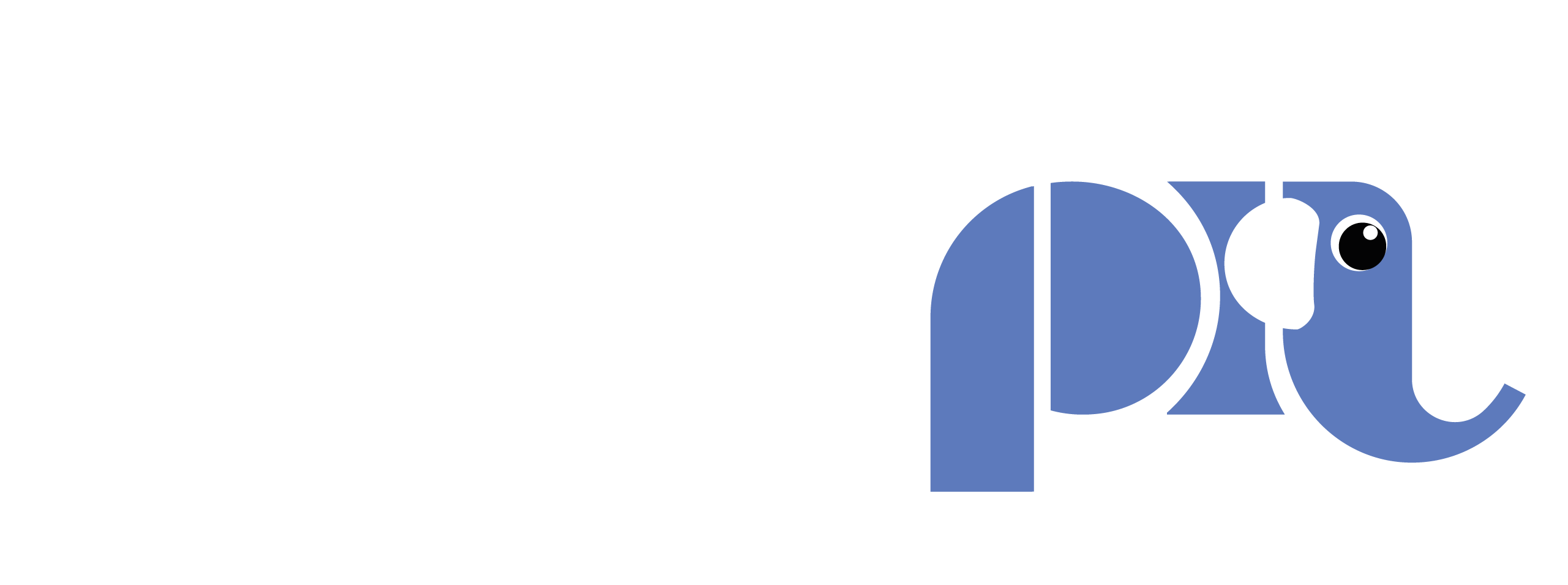Trade secrets
Gives its owner a monopoly on commercial exploitation of the invention
What are trade secrets?
Trade secrets are information that gives the holder of the information an advantage
over its commercial rivals and some effort is required to keep the information secret.
An inventor should consider whether to obtain patents (which are published) for his invention
or to keep secret how to produce the invention, or in the case of an innovative process,
how to carry out the invention. Basically, the easier it is to imitate the production or execution
of the invention, or to reverse engineer the invention, the less point there is in keeping the invention a secret.
Sometimes it is difficult to keep the invention a secret for other reasons, such as a very large or
very simple process or product, many partners in the secret, partners in the secret who have left
the company or are external service providers, suspicion of industrial espionage, potential investors
who require patents to invest, etc., then you should get patents.
Although there are potential investors or buyers who are willing to sign a confidentiality agreement
to receive details about the invention. You have to be very careful in these cases and make sure that
the agreement (NDA) is written properly, and take into account that they may bypass the invention and
launch a product similar to your invention to the market. Two big advantages of registering patents in this matter are:
The registration regulates who the inventor is and when the invention was made
(on or before the date the application was submitted).
Applying the doctrine of equivalents to the invention: according to section 49a of the Patents Law:
“A patent owner is entitled to prevent any person other than him from exploiting the invention for
which the patent was granted without his permission or illegally, either in the way defined in the claims
or in a way similar to that in which, in view of what is defined in those claims, the essence of the invention
which is the subject of the patent”
In addition to the publication of the secrets, the big disadvantage of patents is that the life of the patent is
limited to 20 years (or a little more for certain products).
Sometimes it is possible to obtain a patent and at the same time keep commercial secrets in connection
with the invention. In fact, there is always a tension between the legal and moral requirement to provide
details in the description of the patent application to the extent that allows a professional to produce or
carry out the invention, and the desire of the inventor or inventor to keep certain details secret,
so that despite the disclosure in the application, a commercial advantage is maintained over the competitors.
A very experienced patent attorney should be allowed to write the application so that the right balance between
the interests is maintained, otherwise a patent may not be granted despite the publication of the secrets.
Unlike many places, in Israel there is no prohibition on the mere transfer of secrets, but only on the “illegal” use of secrets.
The Commercial Torts Act refers to trade secrets:
The following article refers to the differences between Israel and the USA regarding trade secrets.
The article is from 1999. At the time there was only a state law, not federal, in the United States
(the UST (Uniform Trade Secrets Act
A federal law for trade secrets came into effect in the US starting in May 2016.
The law is very similar to the UST law.
About trade secrets
Some highlights regarding Israeli and foreign trade secrets
Trade secrets in Israel are covered by the 1999 Commercial Torts Law.
A trade secret is defined as providing an advantage over competitors and requiring reasonable efforts at secrecy.
Disclosure of a trade secret is not prohibited, only ”unlawful” use is a violation of the Law.
The reader may wish to read this article that compares between Israel and United States regarding trade secrets.
Comparison of the Trade Secrets Laws of Israel and the United States
Since the article is from 1999, it relates to the USTA (Uniform Trade Secrets Act),
though the states laws are apparently not quite uniform, the USTA being approved by
only 48 states, and wherein California and some other states have a draconian requirement that
a trade secret plaintiff describe its trade secrets with particularity, see this article
The Defend Trade Secrets Act of 2016 Creates Federal Jurisdiction for Trade Secret Litigation
As of May 2016, the Defend Trade Secrets Act of 2016 (DTSA) is in effect.
According to the article 2 above, “the DTSA uses a similar definition of trade secrets,
and a three-year statute of limitations, and it authorizes remedies similar to those found in current state laws”,
but litigation under the DTSA is expected to proceed much more smoothly due to a lighter workload at the federal courts.
According to Brian Dies, see the following article, “Access to the federal courts provides trade secret owners with a forum
that may be better suited to address complex discovery issues and one that may have better rules in place regarding
expert witness disclosures and admissibility.”
Apply for a patent
Contact us and get details and professional advice




